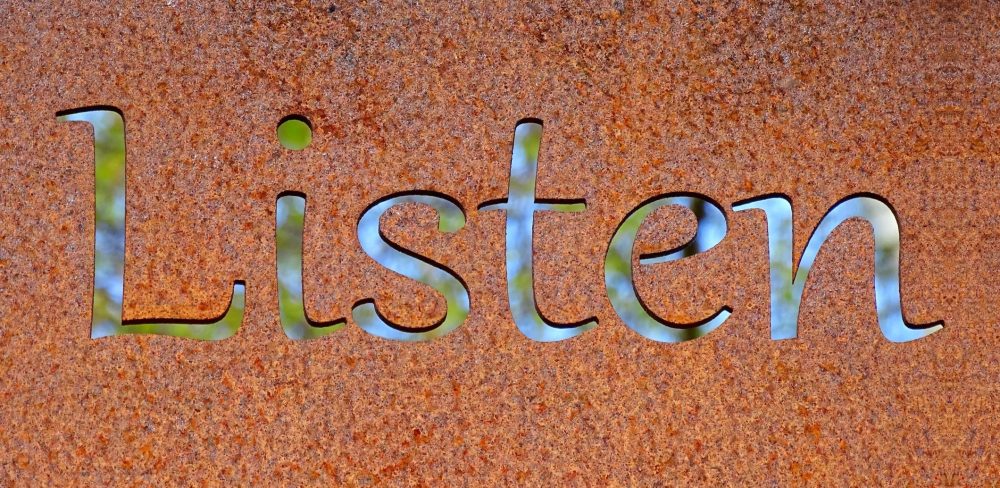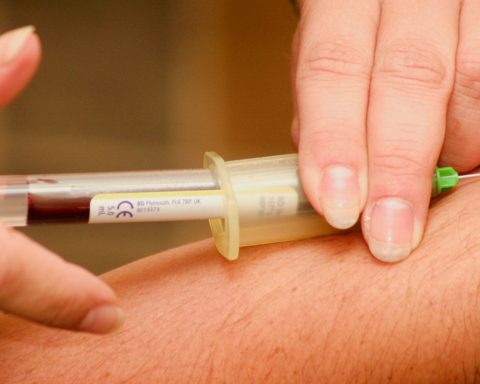
Compassion (n) OED: Suffering together with another, participation in suffering; fellow-feeling, sympathy.
I’m reflecting upon supporting colleagues as the charity for which I volunteer, Caring for Carers,1 goes live on the web.
Volunteer doctors have connected colleagues to one another in confidential welcoming virtual breakout rooms in Doctors’ Mess since the beginning of the pandemic. A Nurses’ Nexus will start soon.
I’m remembering compassionate conversations with colleagues at work and online, and how those discussions lifted and supported myself and others. What mattered was the quality of the attention. I have been in face-to-face meetings which lacked warmth and humour, but also online meetings with colleagues or peers which supported and uplifted.
With colleagues, a kind word made all the difference.
I want to rebrand NHS Primary Care as “Compassion First” rather than “Digital First”.
This fits in with Helman’s work. He saw GPs as ‘Part of a long tradition … that has always tried to treat the person as well as their disease…. In the context of their own home, family and their community’.4
However I’m also reflecting on Yuval Noah Harari who thinks that Physicians will be superseded by diagnostic AI.5 He states ‘GPs who focus on diagnosing known diseases and administering familiar treatments will probably be replaced by AI doctors’
Add to this the (now controversial) NHS Digital First Primary Care strategy where ‘every patient will have the right to be offered digital first primary care by 2023/24’,5 which has been accelerated by the pandemic. Although the prime minister now says patients may choose to see their GP face to face, after a sustained campaign by newspapers against the digital first ‘total triage’ approach.6
People (both doctors and patients) want to be recognised, respected and listened to.
Digital contact can be part of the offering, as long as there is digital warmth and an emphasis on maintaining relationships and listening. Questions and learning about what can and can’t be diagnosed and managed well from remote consultation alone are important and ongoing, and patients should be involved in this conversation.
I’m worrying about rigidly deployed digital demand management, rather than digital consultations via telephone/video or email as such. Nobody wants to be greeted or processed in an uncaring and clinical manner. People (both doctors and patients) want to be recognised, respected and listened to.
I’m wondering If an AI algorithm can be programmed or learn to be kind?
References
- https://caringforcarers.org, accessed 20/9/21
- Zigmond David , https://bjgplife.com/2021/04/23/what-do-we-want-of-doctors-beside-biomedical-science/ accessed 26/9/21
- Etherington Clare and Risi , Liliana https://bjgplife.com/2021/07/12/listening-to-connect-in-the-digital-consultation/ accessed 26.9.21
- Helman Cecil, Suburban Shaman. Hammersmith Health Books, London, 2006.
- Harari Yuval Noah 21 Lessons for the 21st century. Vintage London , 2019
- https://www.england.nhs.uk/gp/digital-first-primary-care/ accessed 21.9.21
- https://www.telegraph.co.uk/news/2021/09/21/patients-have-right-see-gps-face-to-face-says-boris-johnson/ accessed 21.9.21
Featured image by Belinda Fewings at Unsplash






